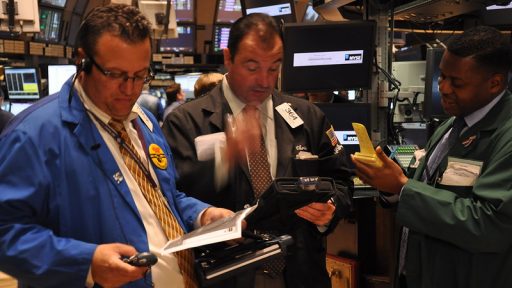- Home
- >
- Daily Accents
- >
- The “60-40” rule isn’t working anymore. What are the alternatives?

The "60-40" rule isn't working anymore. What are the alternatives?

Everyone would like a clear and simple system to deal with in this complex world. But sometimes there are so many factors that the system and its rules remain meaningless.
JPMorgan Asset Management argues that the 60-40 rule used to create one portfolio is no longer meaningless. As a rule, 60% of your money should be in stocks and the rest in bonds.
This idea of a combined bond and stock portfolio performs well in some stable and good times and brings both protection and good and stable returns. However, bond yields are at their weakest level in 10 years. Negative interest rates are becoming more common, with investors already thinking that they will need to re-evaluate their positions over the next 10 to 15 years.
Rule 60 - 40 will give you protection, but will significantly lack the yield component of fixed income assets. Just saying you buy US bonds and global stocks and stay away and watch is no longer a valid argument.
The problem is that under this rule there is no way to change numbers or replace assets to replace bonds. This means that investors will have to look very closely at their position and know all the pros and cons of possible alternatives.
What are the alternatives?
Gold is already a common bond substitute, which adds some diversification. Gold itself is not profitable, but it becomes more expensive when stocks fall in price. However, the price of gold is also much more volatile than that of bonds.
Investors are also looking at high-quality mortgage and infrastructure assets that offer strong, stable returns. This can mean investing in real estate such as offices, industrial and residential buildings. Or in infrastructure such as roads, sewers and recyclers. The disadvantage is that they are poorly liquid.
The US dollar is another traditional safe heaven asset. The downside here is that its substitute function will be rather short-lived because it is too expensive compared to other currencies. In this case, the Swiss franc and the Japanese yen can fill this void.
Source: Business Insider Prime
 Trader Martin Nikolov
Trader Martin Nikolov Read more:
If you think, we can improve that section,
please comment. Your oppinion is imortant for us.











